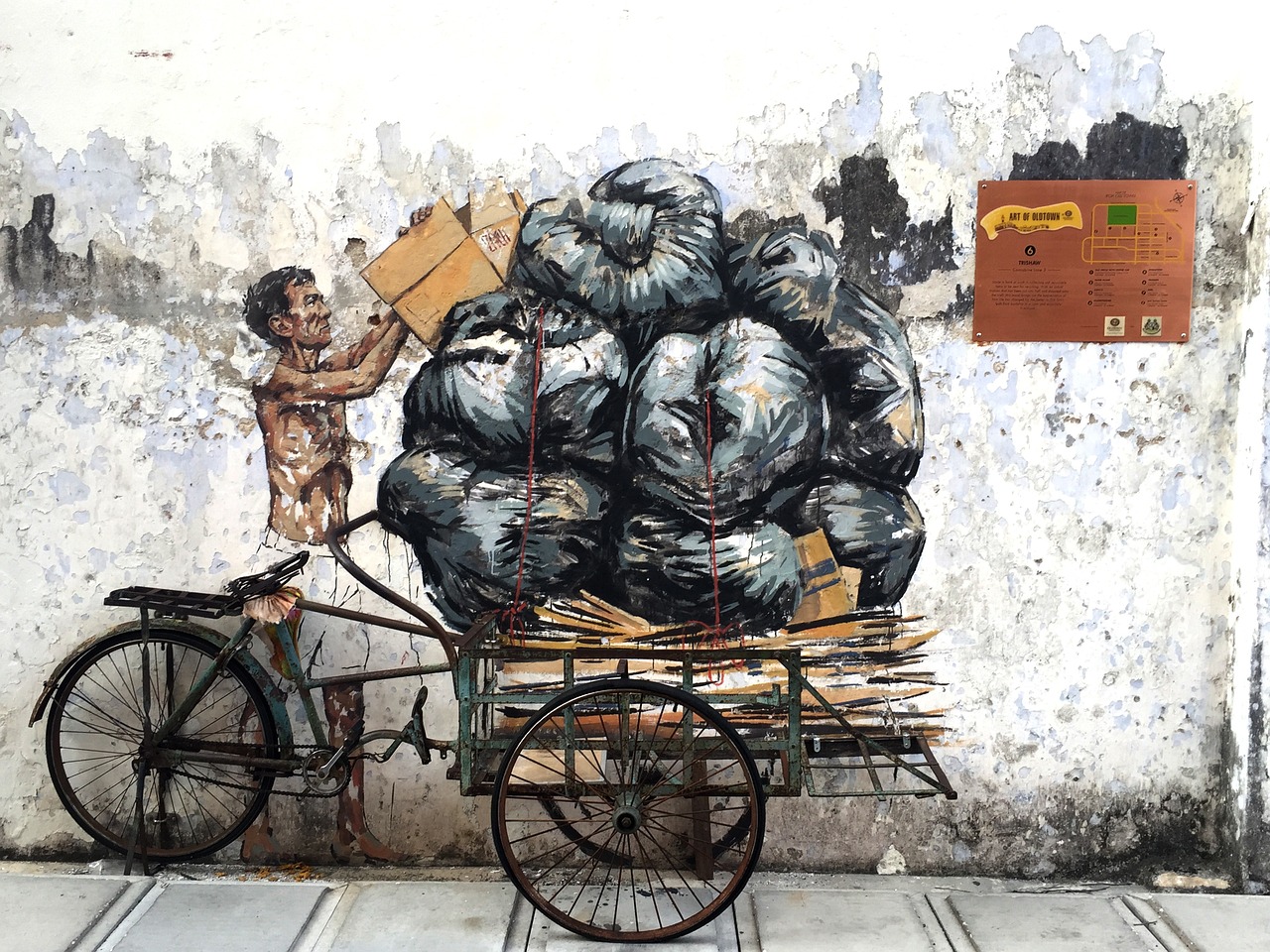Malaysia Video
Safety Tips for Remote Workers in Malaysia
Remote work has become increasingly popular in Malaysia, allowing individuals to work from the comfort of their own homes or while traveling. However, with this flexibility comes the need for remote workers to prioritize their safety and security. Whether you’re a freelancer, digital nomad, or telecommuter, it’s important to be aware of potential risks and take necessary precautions. In this article, we will discuss essential safety tips for remote workers in Malaysia to ensure a secure and productive work environment.
Understanding Cybersecurity
1. Use a Virtual Private Network (VPN): A VPN encrypts your internet connection, protecting your sensitive data from potential hackers. It creates a secure tunnel between your device and the internet, making it difficult for anyone to intercept your information.
2. Update your Software Regularly: Keeping your operating system, antivirus software, and other applications up to date is crucial for maintaining a secure remote work environment. Updates often include patches for security vulnerabilities, so it’s important not to ignore them.
3. Enable Two-Factor Authentication (2FA): Two-factor authentication adds an extra layer of security by requiring a second form of verification, such as a code sent to your phone, in addition to your password. Enable 2FA wherever possible to protect your online accounts.
Physical Safety Measures
1. Secure your Workspace: Whether you work from home or a co-working space, ensure that your workspace is secure. Lock your doors and windows, and consider installing security cameras or an alarm system for added protection.
2. Be Mindful of Public Wi-Fi: Public Wi-Fi networks can be vulnerable to hackers. Avoid accessing sensitive information, such as online banking or work-related accounts, while connected to public Wi-Fi. If necessary, use a VPN to encrypt your connection.
3. Safeguard your Devices: Keep your devices secure by using strong passwords or biometric authentication. Consider enabling remote tracking and wiping features in case your device is lost or stolen. Avoid leaving your devices unattended in public places.
Health and Well-being
1. Maintain Good Ergonomics: Set up an ergonomic workspace to prevent musculoskeletal issues. Invest in an adjustable chair, ergonomic keyboard, and monitor riser to ensure proper posture and reduce the risk of repetitive strain injuries.
2. Take Regular Breaks: Prolonged sitting can negatively impact your health. Take short breaks every hour to stretch, walk around, or engage in physical exercises. Incorporate regular exercise into your routine to stay active and reduce stress.
3. Prioritize Mental Health: Remote work can sometimes lead to feelings of isolation or burnout. Stay connected with colleagues, friends, and family through virtual meetings or social activities. Set boundaries between work and personal life to maintain a healthy work-life balance.
Emergency Preparedness
1. Know the Emergency Numbers: Familiarize yourself with the local emergency numbers in Malaysia, such as the police, ambulance, and fire department. Keep these numbers readily accessible in case of emergencies.
2. Have Emergency Supplies: Prepare an emergency kit with essential supplies like first aid items, flashlights, batteries, and non-perishable food. In the event of a power outage or natural disaster, having these supplies readily available can make a significant difference.
3. Stay Informed: Stay updated on any local safety advisories or emergency alerts. Follow reputable news sources and register for any relevant government or embassy notifications to ensure you receive timely information.
Malaysia Image 1:

Protecting Personal and Financial Information
1. Use Strong and Unique Passwords: Create strong passwords that include a combination of uppercase and lowercase letters, numbers, and symbols. Avoid using the same password for multiple accounts and consider using a password manager to securely store your credentials.
2. Be Cautious of Phishing Attacks: Be wary of suspicious emails, messages, or phone calls asking for personal or financial information. Avoid clicking on unfamiliar links or downloading attachments from unknown sources. Verify the legitimacy of requests before sharing any sensitive data.
3. Secure Online Payments: When making online payments or transactions, ensure that the website is secure (look for “https” in the URL) and reputable. Use trusted payment methods and avoid inputting sensitive information on public computers or unsecured networks.
Malaysia Image 2:

Work-Life Balance
1. Establish a Routine: Set a regular work schedule to maintain a healthy work-life balance. Clearly define your working hours and stick to them to avoid overworking or burnout.
2. Create a Dedicated Workspace: Designate a specific area in your home for work-related activities. This helps create a clear separation between work and personal life, enhancing focus and productivity.
3. Take Time Off: Allow yourself regular breaks and days off to recharge and rejuvenate. Disconnect from work during your time off to fully relax and enjoy personal activities.
Emergency Contacts in Malaysia:
- Police: 999
- Ambulance: 999
- Fire Department: 999
Malaysia Image 3:

Conclusion
By following these safety tips, remote workers in Malaysia can create a secure and productive work environment. Prioritize cybersecurity, physical safety, health and well-being, emergency preparedness, and the protection of personal and financial information. Remember to stay informed, maintain a healthy work-life balance, and be prepared for any emergencies that may arise. By taking these precautions, remote workers can enjoy the benefits of working remotely while safeguarding their well-being.
References
– Malaysia Computer Emergency Response Team (MyCERT): www.mycert.org.my
– Royal Malaysia Police: www.rmp.gov.my
– Malaysia Ministry of Health: www.moh.gov.my
– Department of Occupational Safety and Health Malaysia: www.dosh.gov.my


